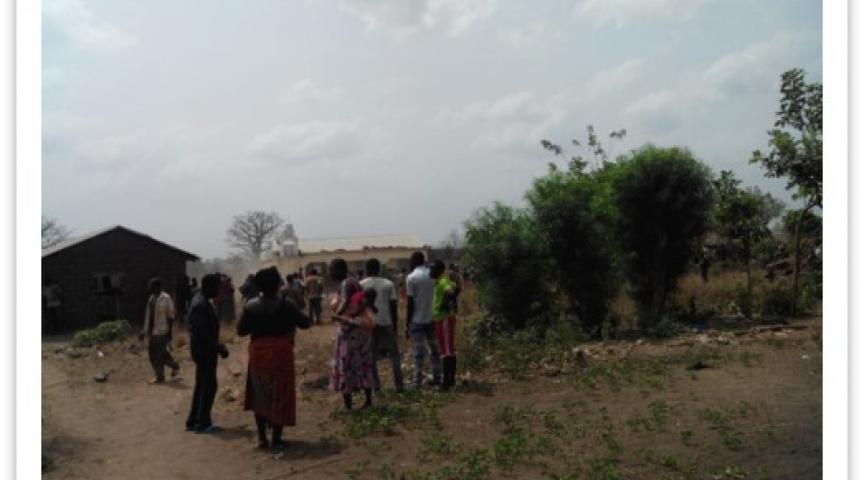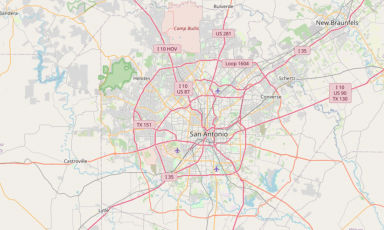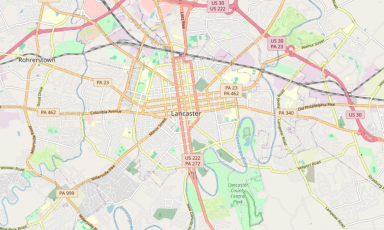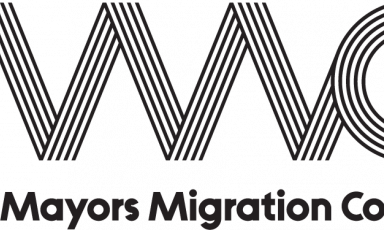Haho 1, Togo
Supporting pastoralism and livestock mobility to foster social cohesion and improved biodiversity

Summary
Haho commits to strengthening the integration and social cohesion of migrant, displaced, and marginalized communities within the city. Haho attracts many ethnic groups from surrounding rural areas, which sometimes leads to social tension and violence within the city. To address these tensions, Haho’s project activities are grouped into two components. One component aims to improve economic inclusion and market sustainability for pastoralists arriving to Haho, including setting up market management committees and coordinating with other nearby city governments to manage 86 km of mobility corridors, grazing areas, and water ponds in the plateau region. The second component involves the organization of multi-stakeholder debates focused on farming and livestock mobility challenges in West Africa with the participation of local authorities, state service providers, development organizations, herders, and farmers.
Impact
According to the numerous assets offered by the human and natural environment of the Commune of Haho1, it is a pole of attraction for several communities. As the cradle of the Ewe, the largest community in the south of Togo, Ghana and Benin, Haho1 is home to almost all the ethnic groups of the West African sub-region and others. The downside of these potentialities is that where there are so many human communities without great unifying elements, cohesion and cohabitation are not always easy. The case of the community of nomadic and sedentary herders is a serious challenge to integration and peaceful coexistence. Also, it will grant even more social opening between the populations. This project, through its activities, will bring a very important feature to the integration and social cohesion between the different communities residing on the communal territory. The evaluation will be carried out in three parts. Firstly, a baseline study at the beginning of the project to analyse and evaluate the level of integration and cohesion of the different communities as a result of the recommendations. Secondly, a mid-term evaluation to ensure that the project has achieved the desired results and to propose possible ways of improving the action. Finally, a final evaluation to gather impressions, less conclusive experiences of the project, the level of satisfaction of the beneficiaries and recommendations for future actions.
Lessons Learnt
Migratory movements of communities and animals towards the southern Sahel have developed since the 1970s with the population growth in the Sahel and the subsequent crisis in Sahelian livestock production. These movements have been accentuated by the effects of climate change observed in the sub-region. Thus, countries such as Benin, Ghana, Côte d'Ivoire and Togo, like the countries of the Sahel region, have become host or transit countries for the animals of nomadic herders. Cross-border mobility has thus become a strategy for adapting to climate change in order to produce, transport and market livestock. Thus, these movements are not likely to stop given the security issues in the Sahel and the effects of climate change. The actions of previous projects have brought relief to several communities, both indigenous and nomadic. The training courses on the modules "Livestock trade in West Africa" and "Livestock mobility in West Africa", the actions of the National/Prefectural Transhumance Committee, pastoral developments and agro-pastoral infrastructures have helped to deconstruct the notion of "strangers" in the mentality of many people in order to enable them to live together. Violent and deadly conflicts have considerably decreased. However, the vigilance must be maintained and new achievements and projects must be carried out in order to preserve the achievements and thus save many human lives



